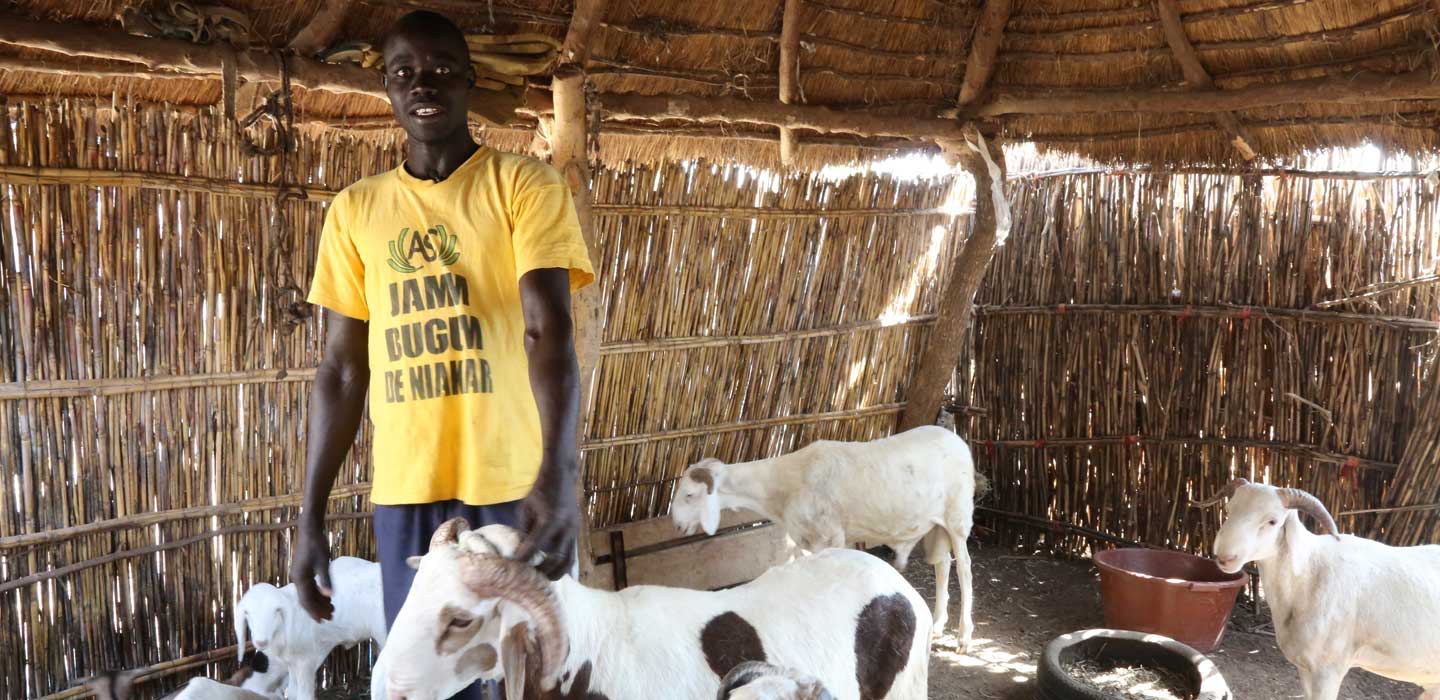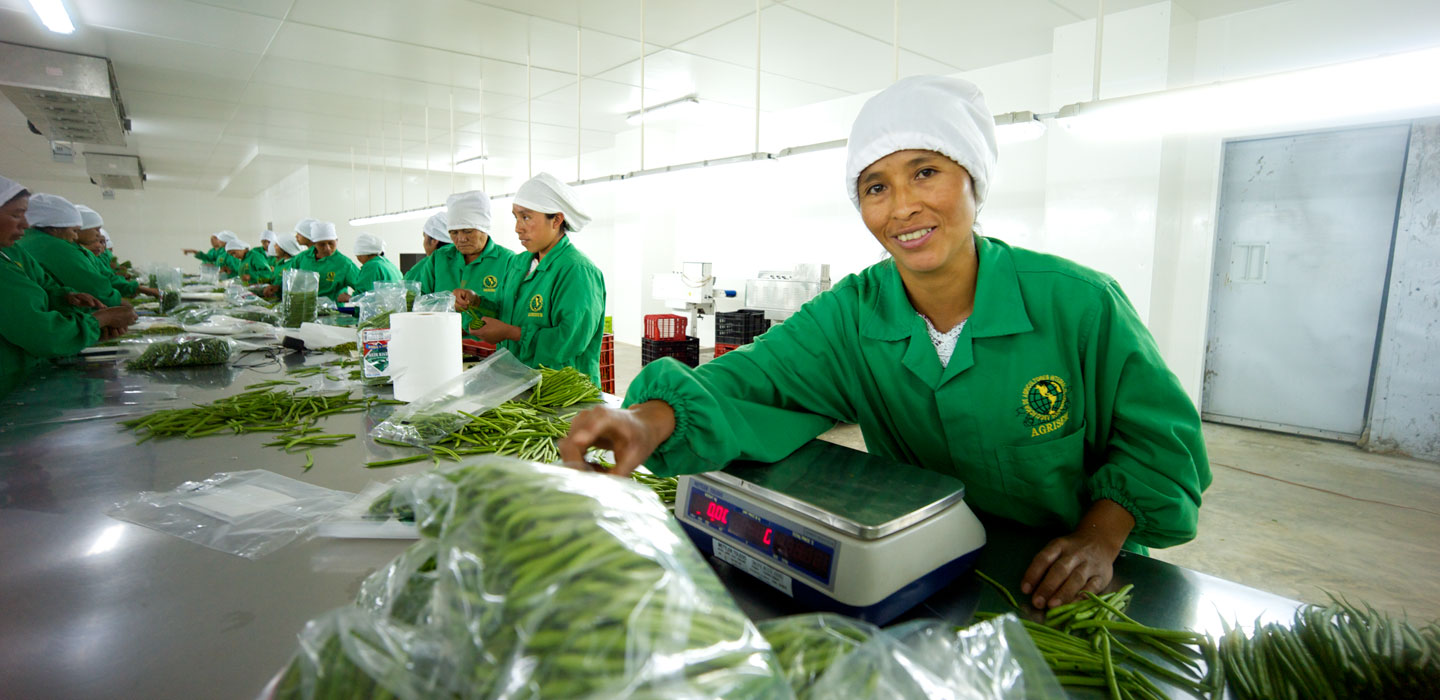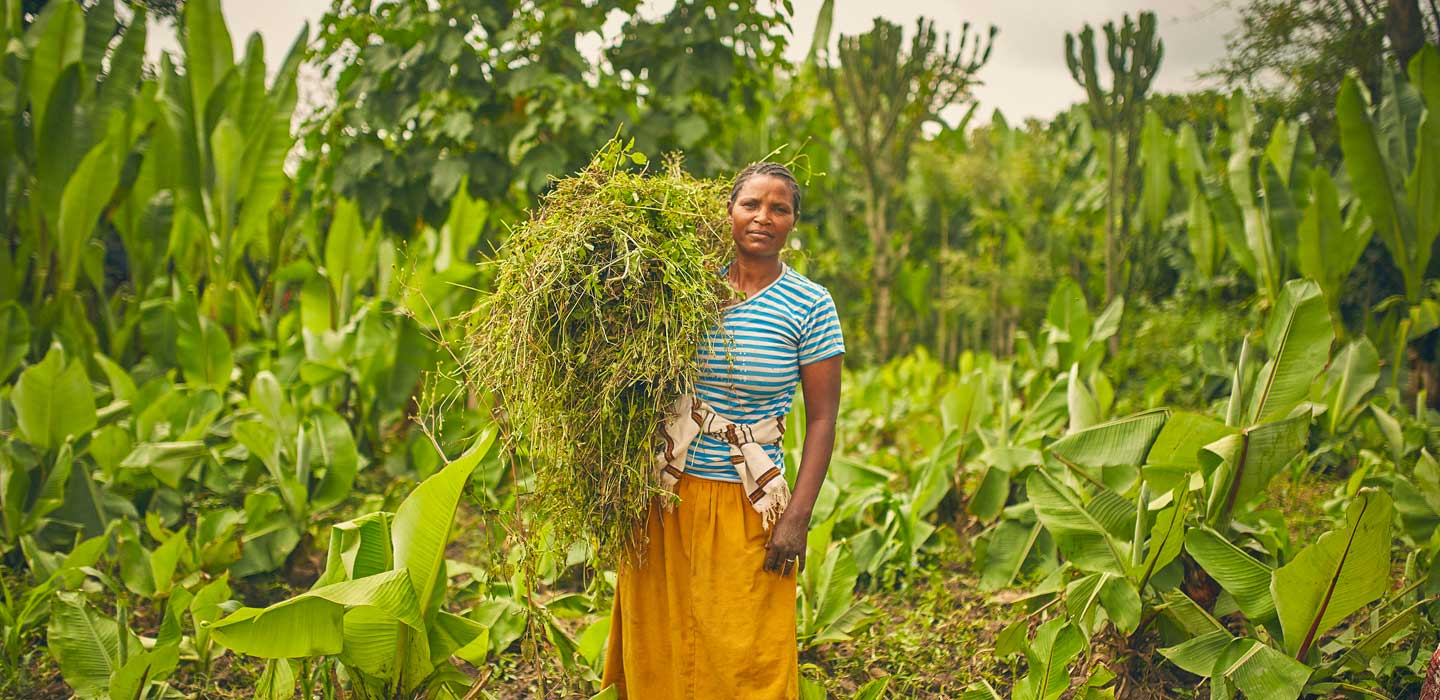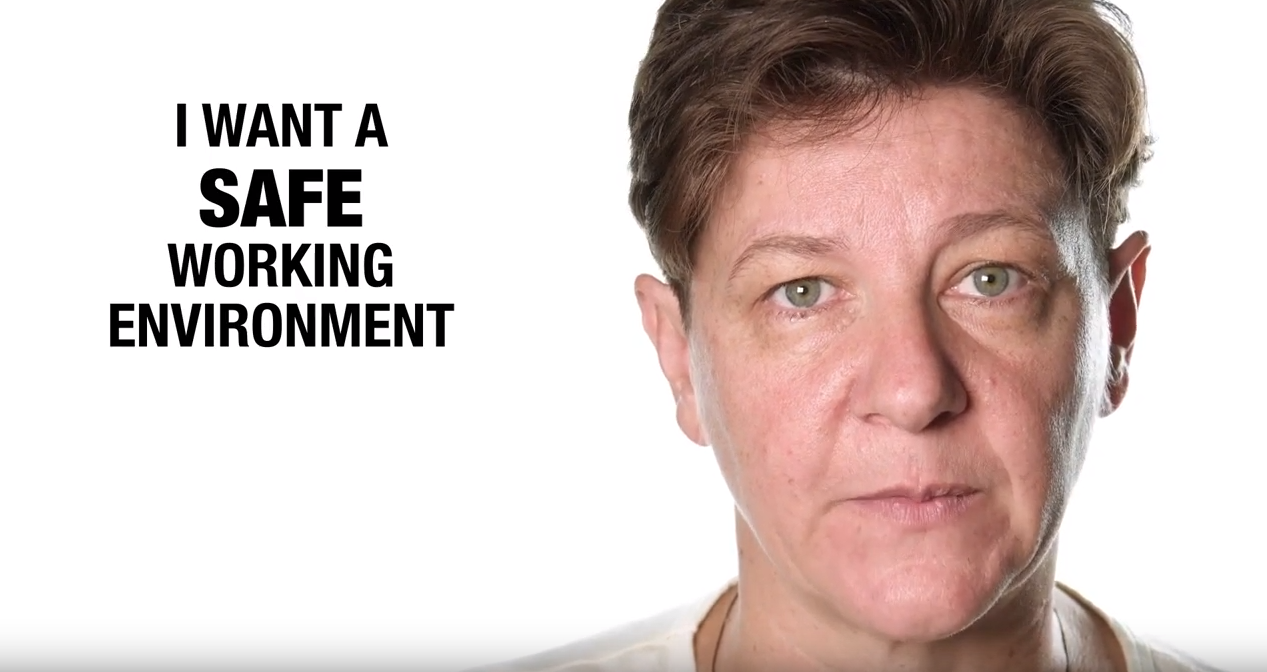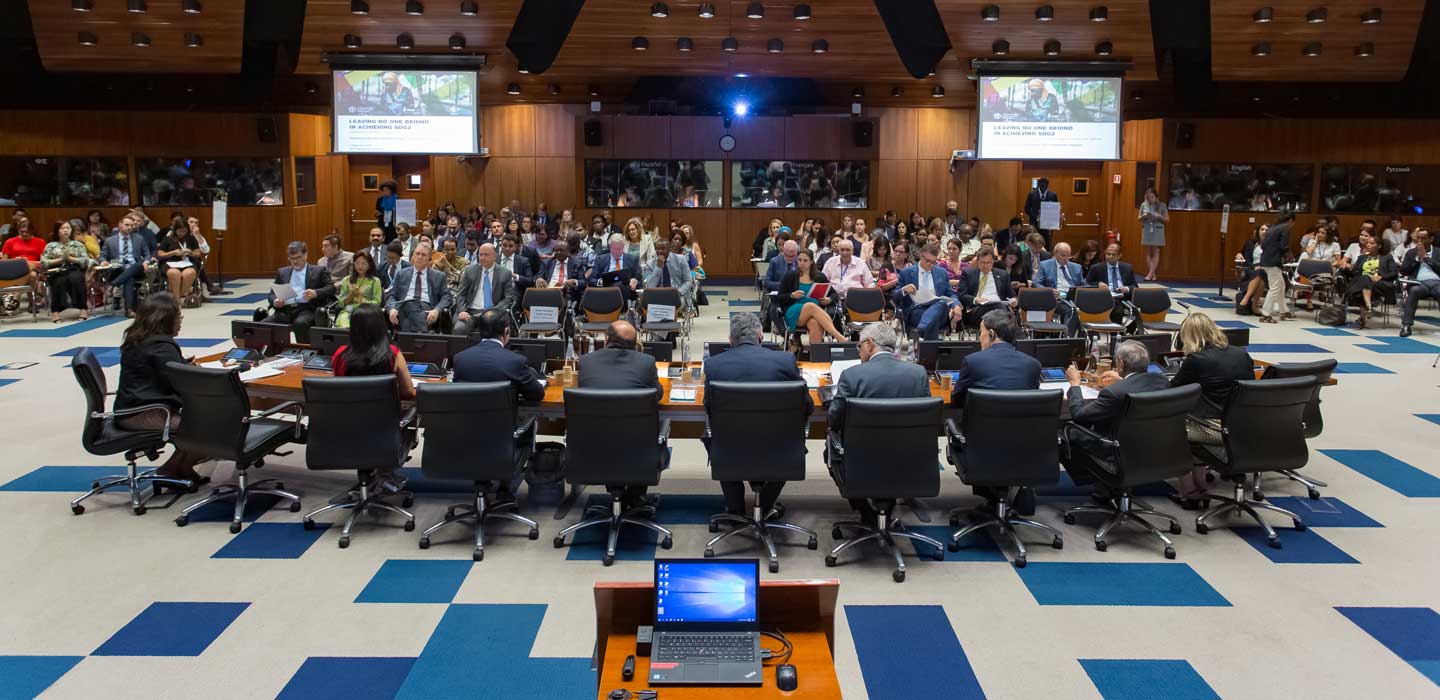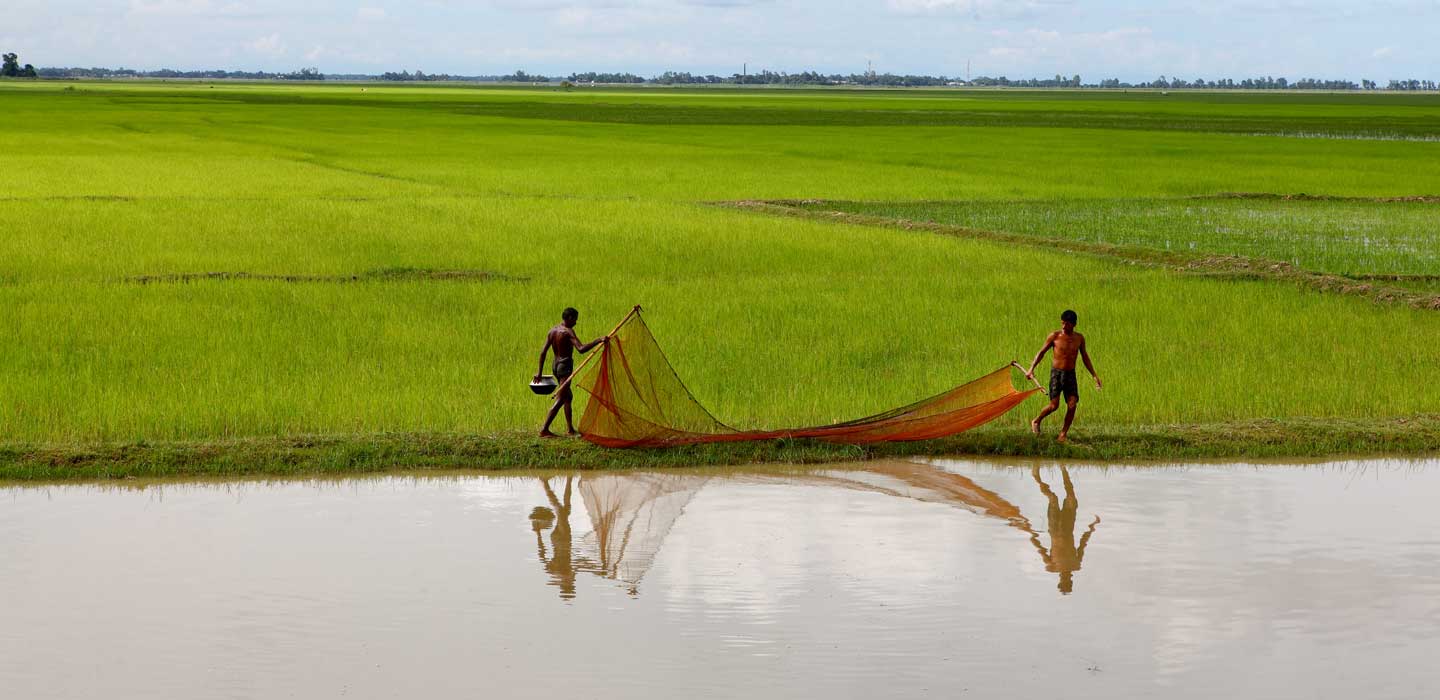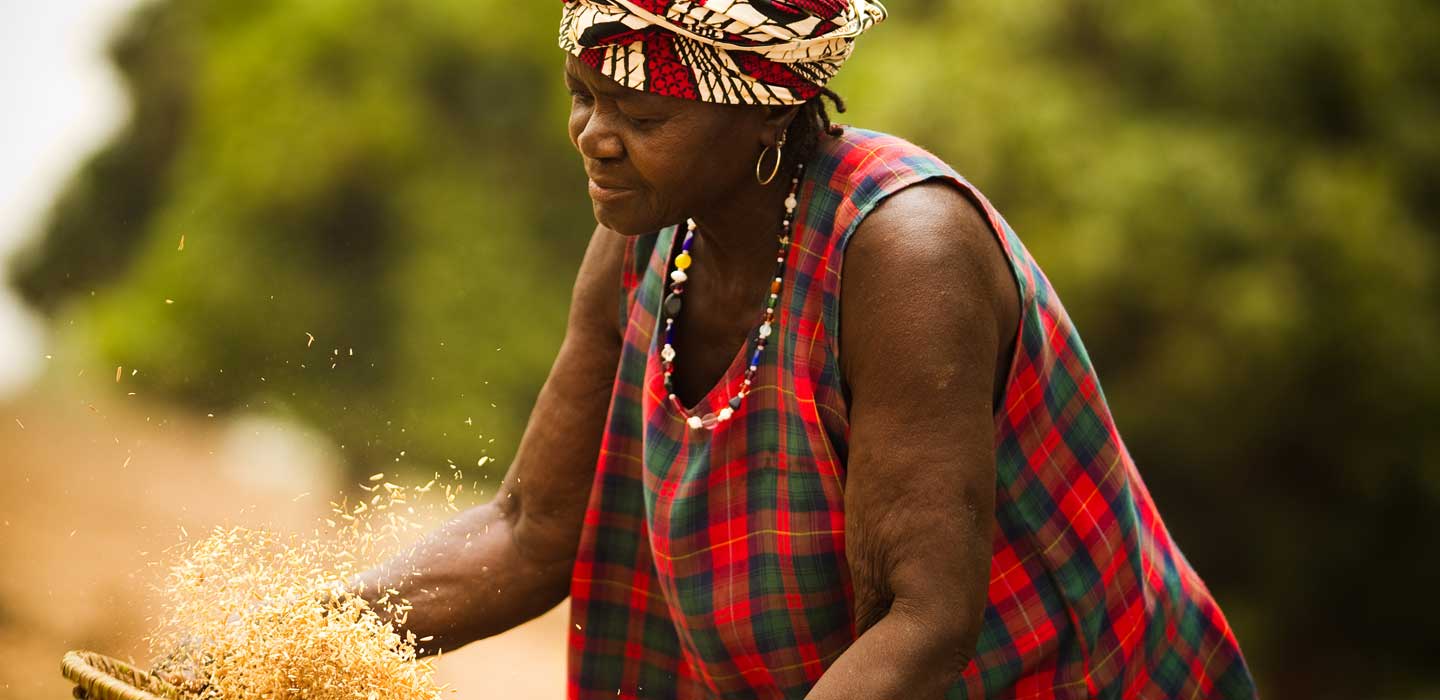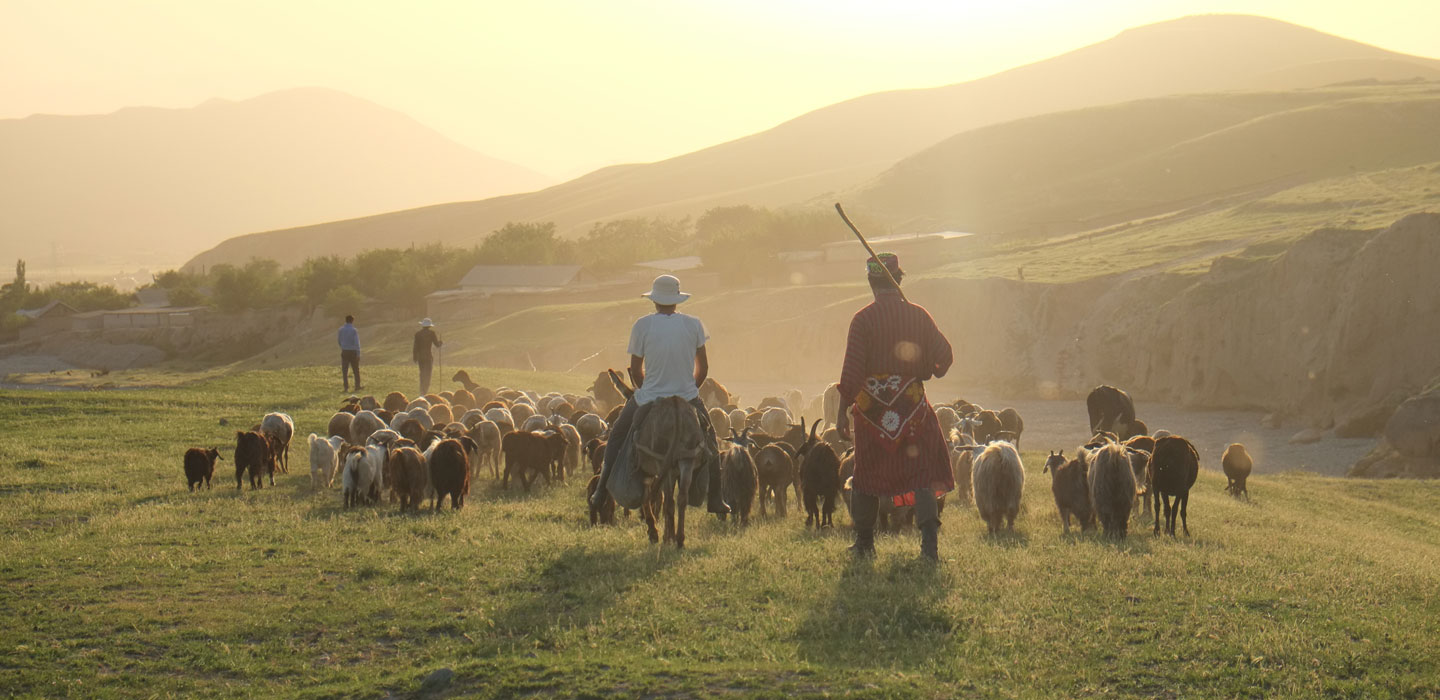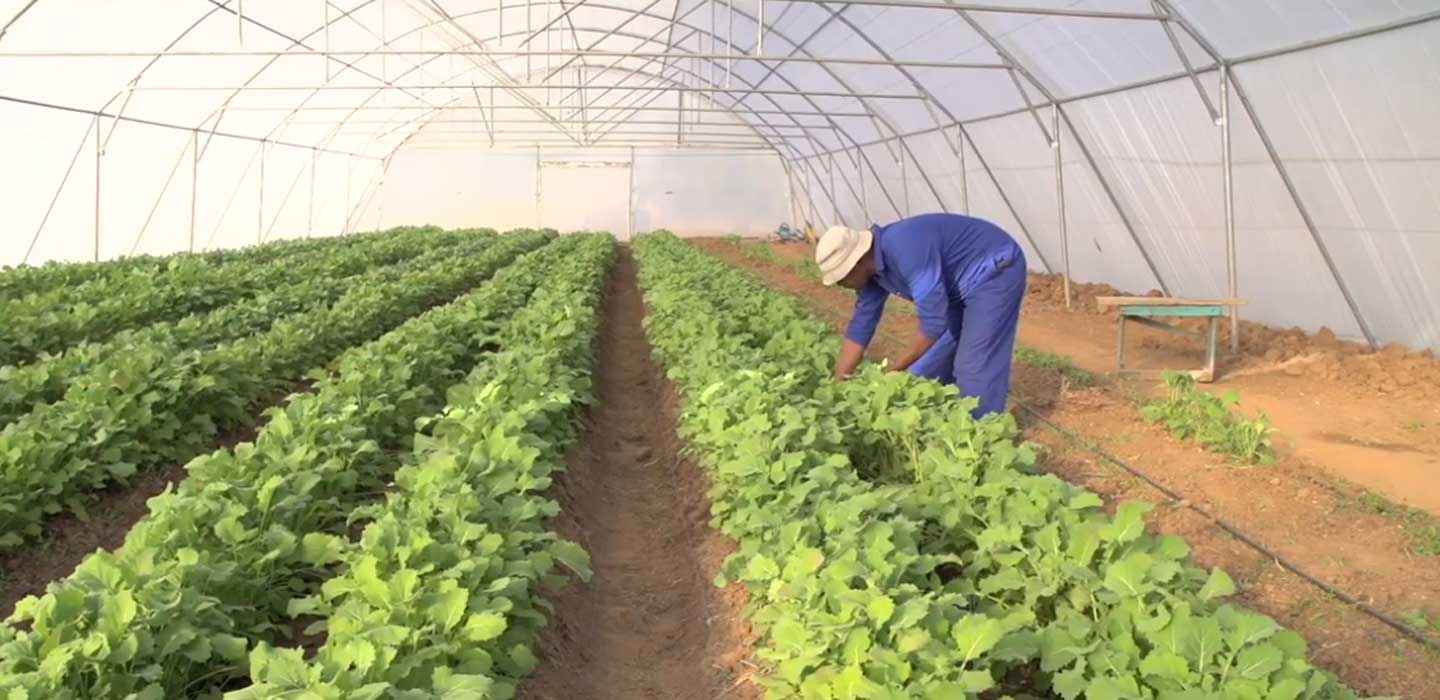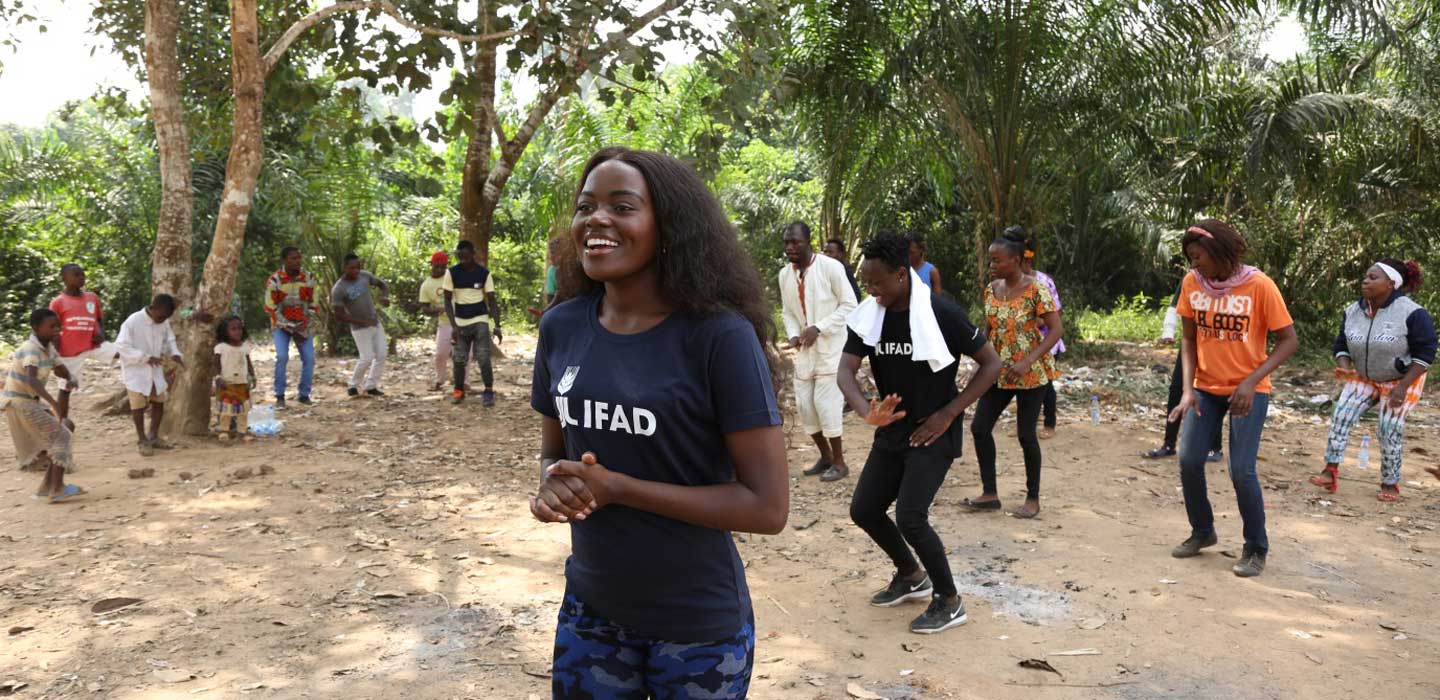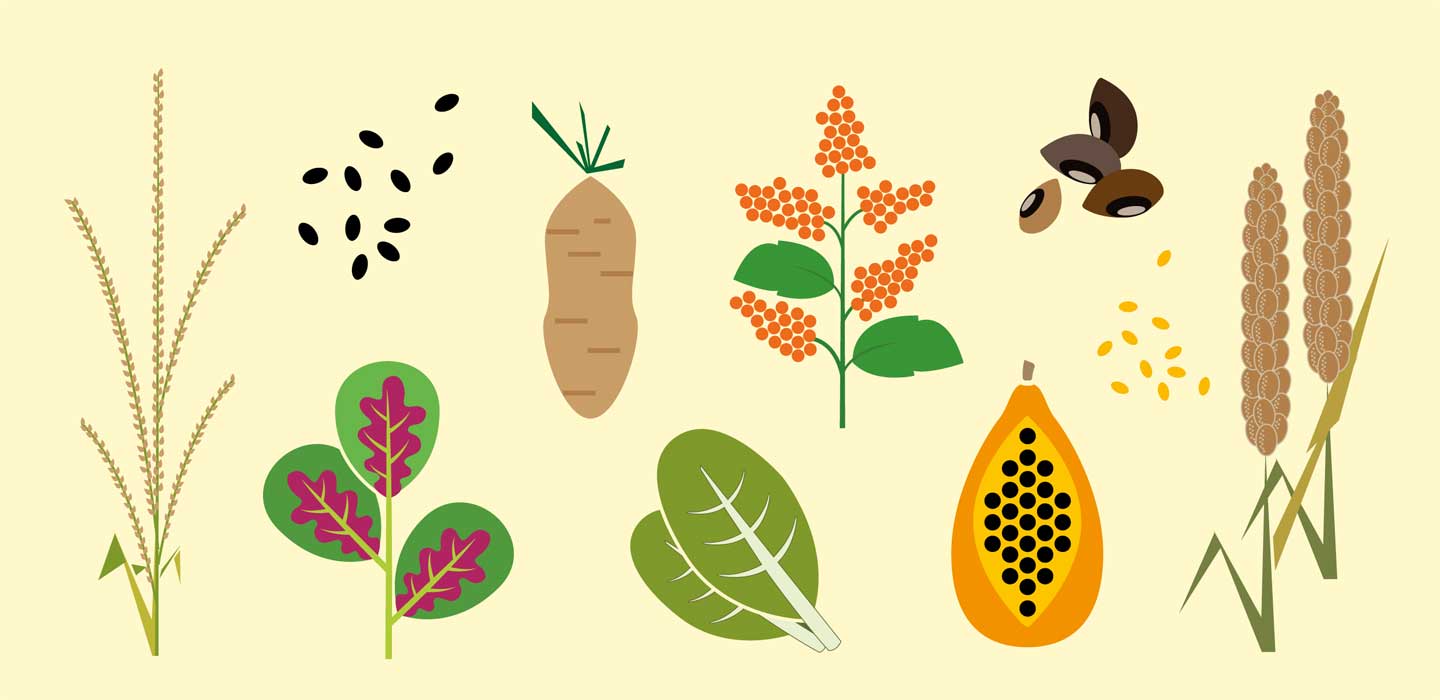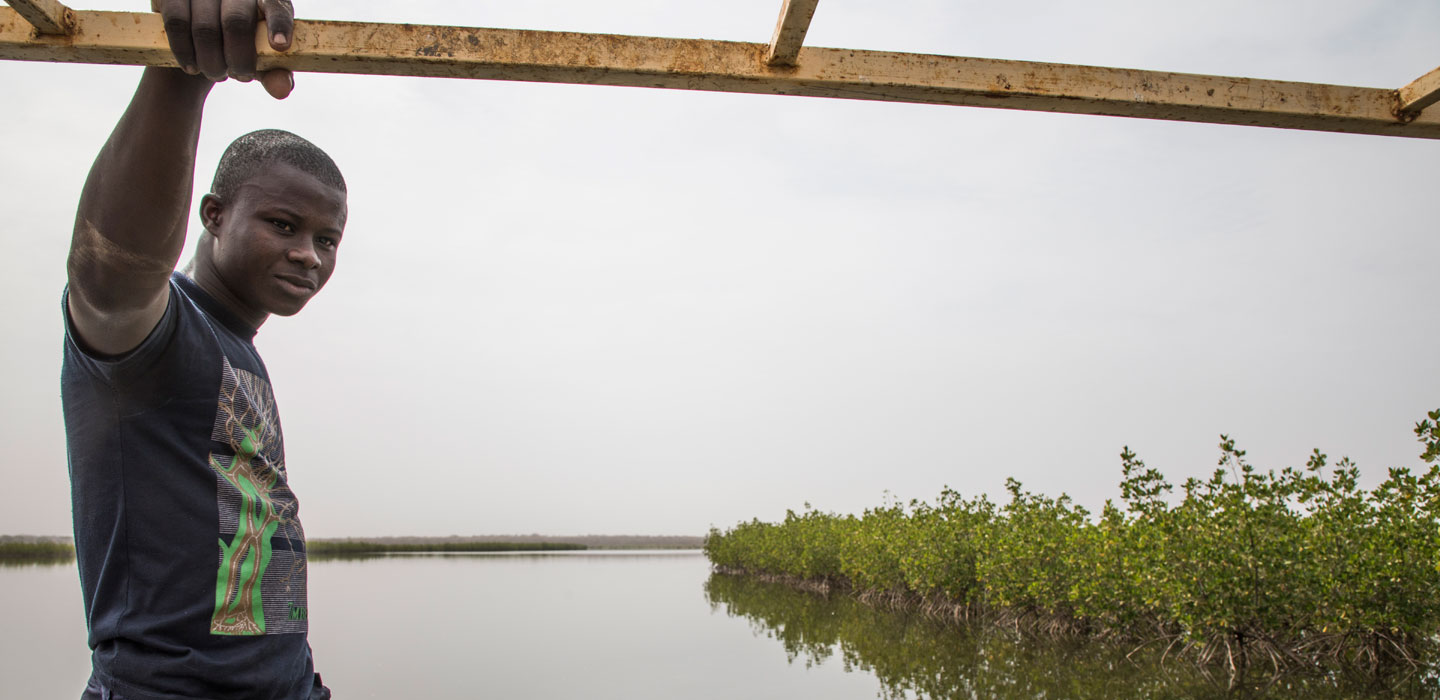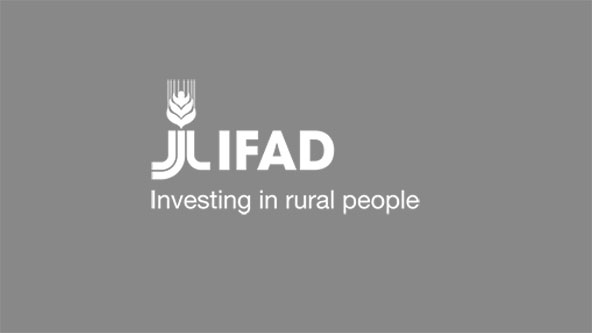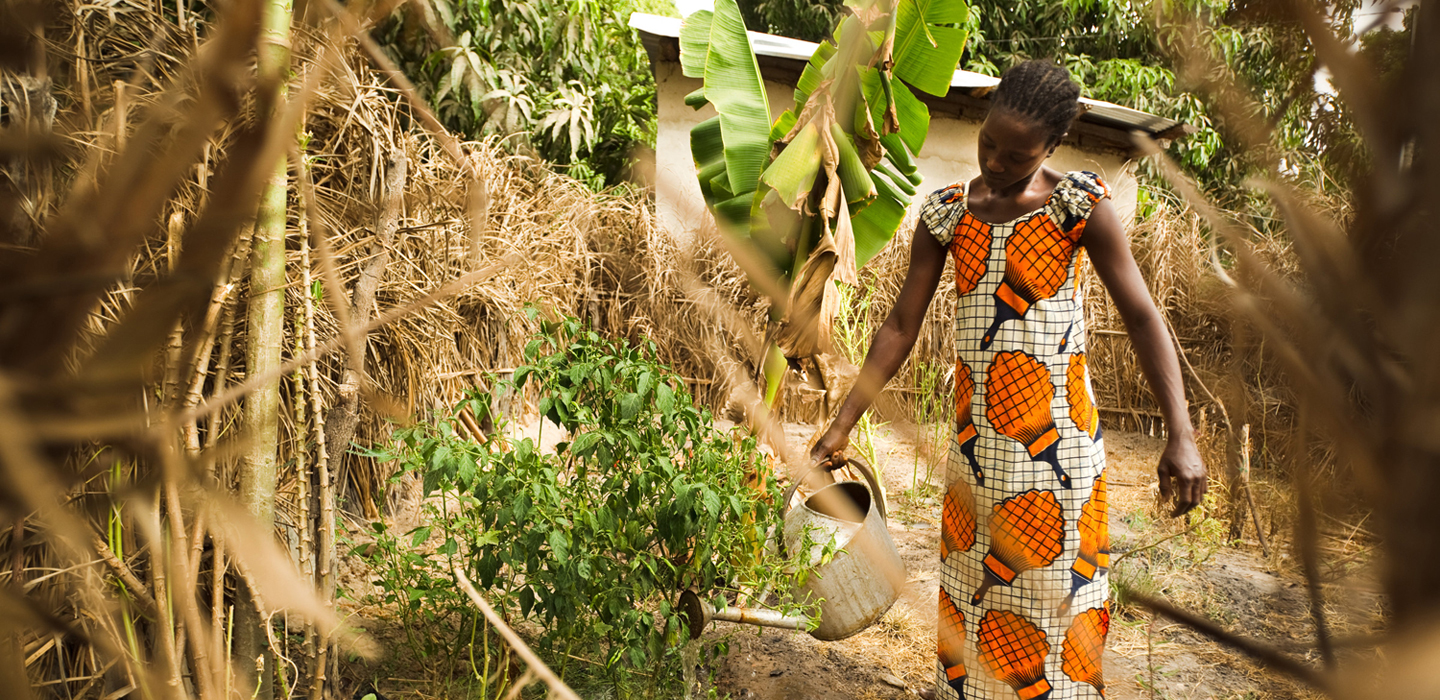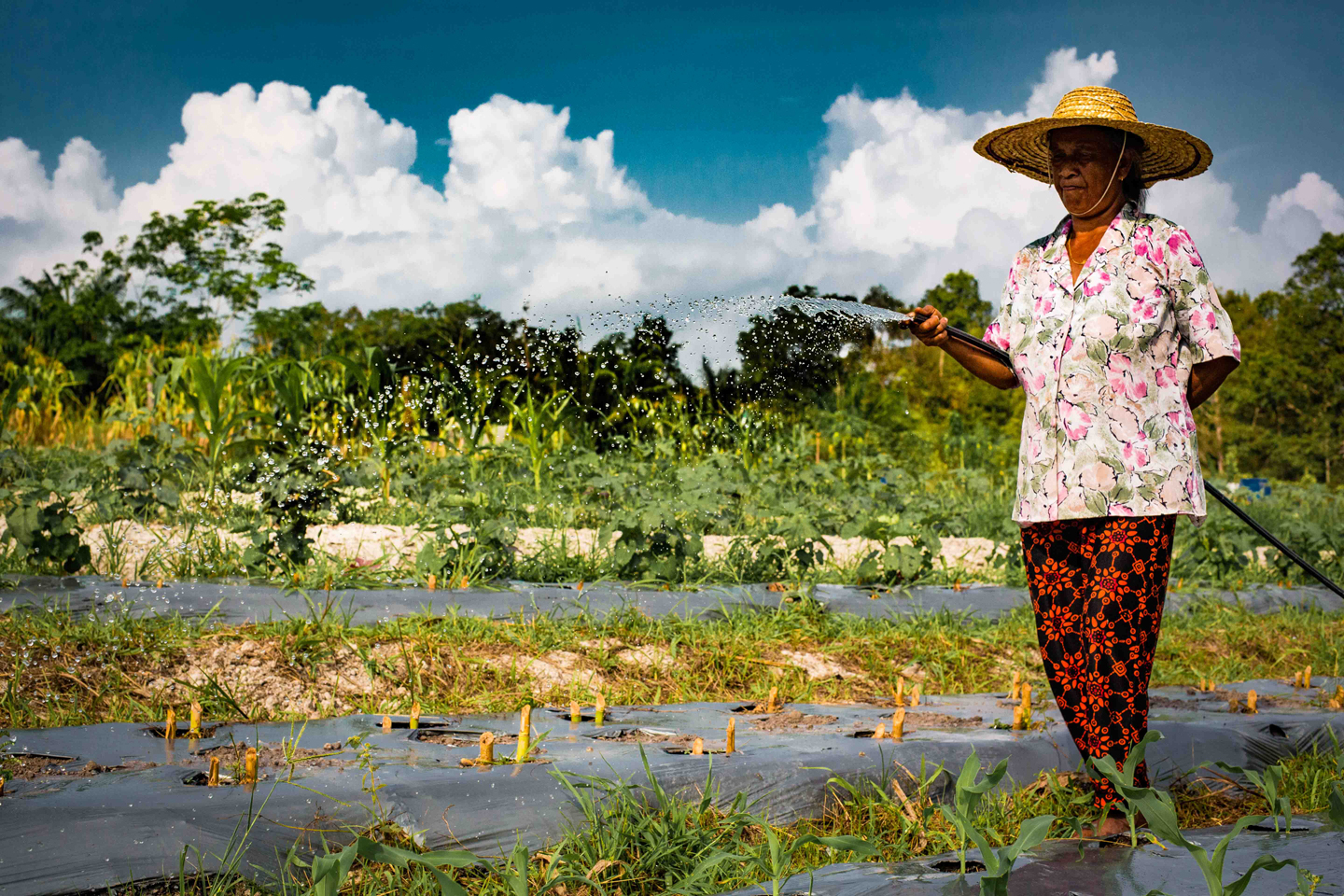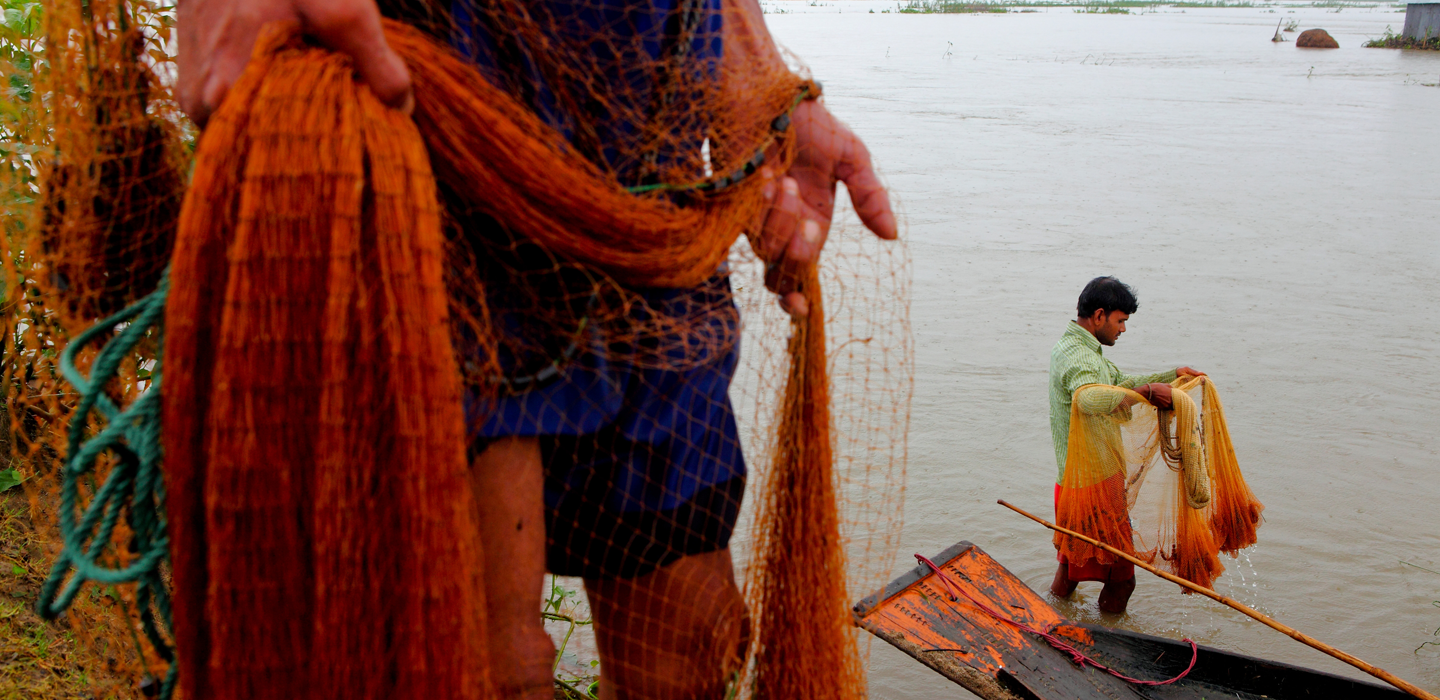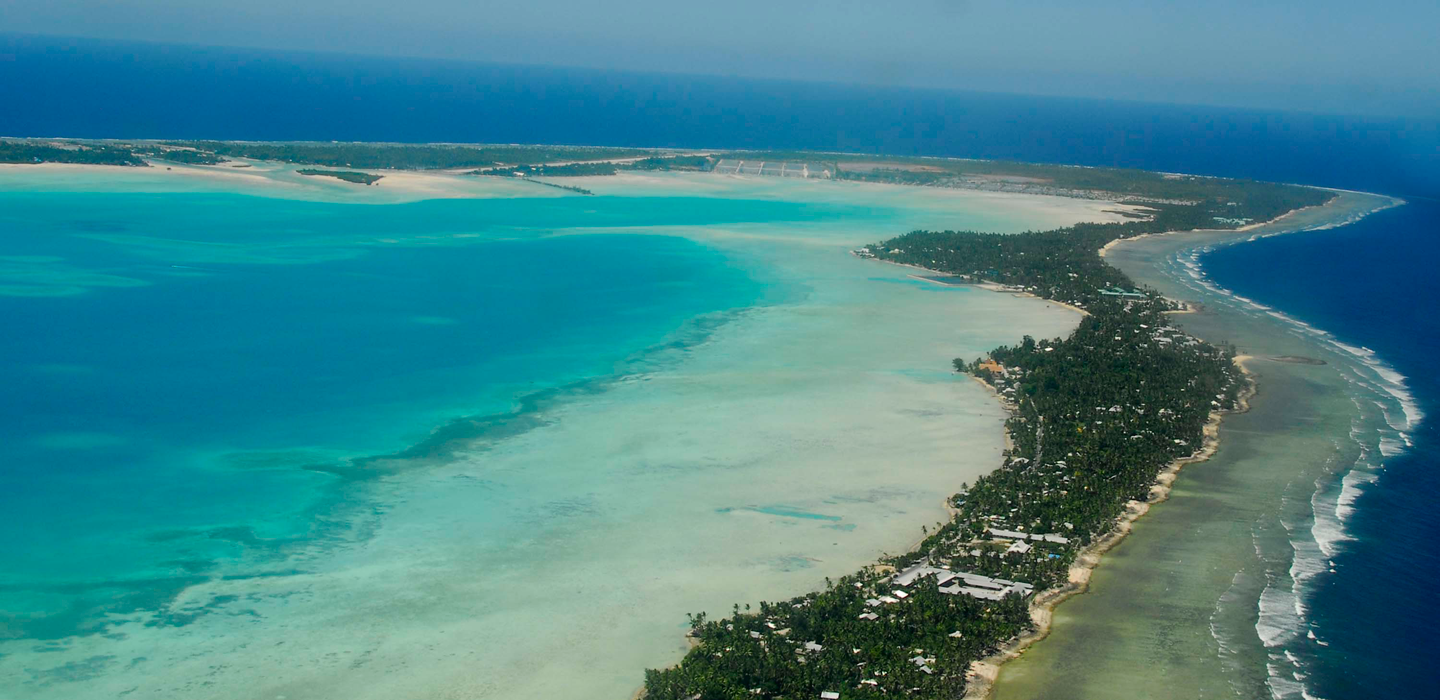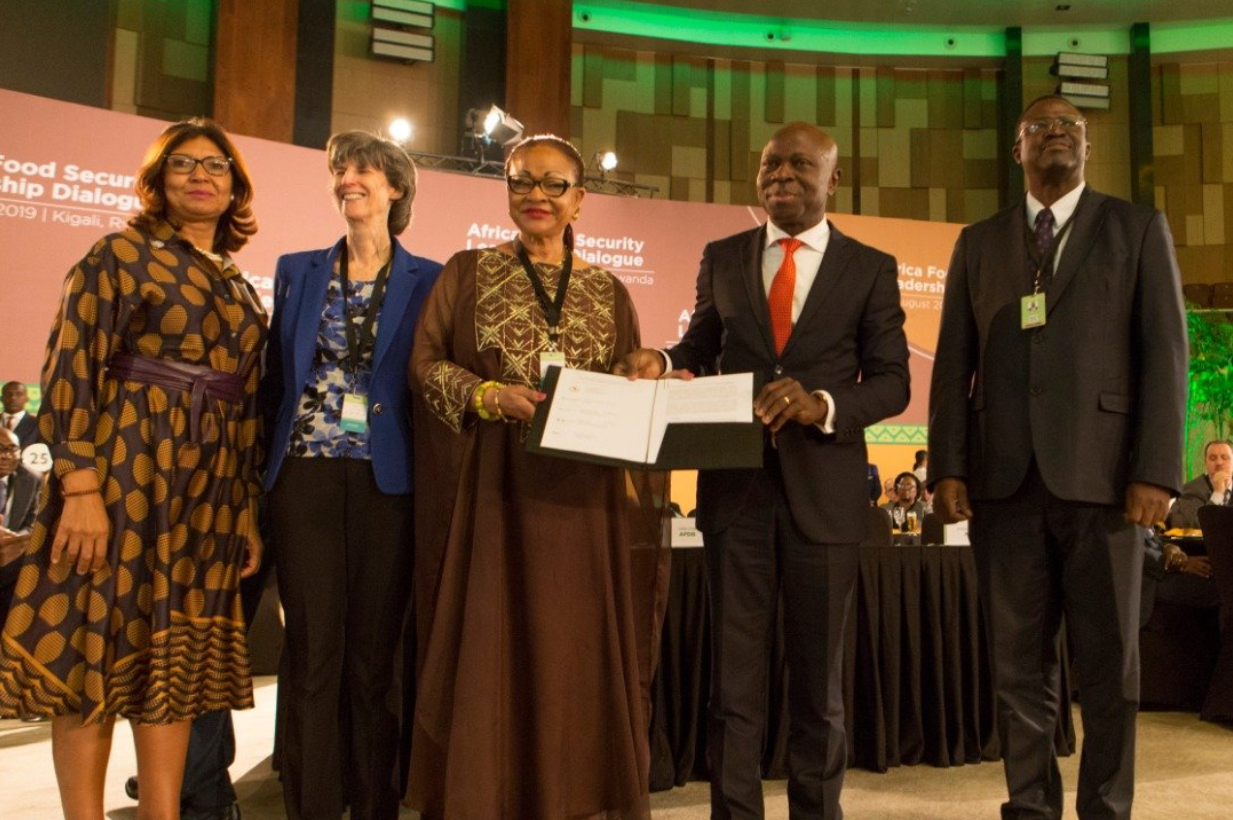Latest
Latest

Latest
Manual Submenu Topics
SearchResultsFilters
Search Results
IFAD and Senegal invest in decent jobs and incomes for poor and marginalized rural young people
About 150,000 rural young people in Senegal – 50 per cent of them women - will benefit from a new US$93.3 million project that aims to create income and decent sustainable jobs in agricultural, pastoral and fishery value chains.
A common path towards Guatemala’s sustainable development
Today the Rome-based agencies (RBAs - FAO, IFAD and WFP) recognized the interagency country team based in Guatemala for their concerted efforts in maximizing results and impact on the ground.
PARM and the G20 commitment on building resilience to agricultural risks
Following the spikes in global food prices in the years 2006, 2008, and 2011, agricultural risk management has become an important topic in G20 discussions.
Speak Up, Report, Support
Sexual harassment, exploitation and abuse is unacceptable and has no place in IFAD, including its operations and financed activities. IFAD reaffirms its no tolerance policy.
2019 United Nations Day for South-South Cooperation: FAO, IFAD and WFP highlight the commitment of leaving no one behind in achieving SDG2
The UN Rome-based Agencies (RBAs), namely, FAO, IFAD and WFP, gathered on the occasion of the UN Day for South-South Cooperation and highlighted the importance of “leaving no one behind” in achieving the Sustainable Development Goals (SDGs).
Protecting villages from flash floods and improving livelihoods in the Haor basin wetlands
The Haor region is a wetland ecosystem in north-eastern Bangladesh, which is located in a tectonic depression. During the monsoon period, the Haor gets between 3,000 and 4,000 mm of rainfall, together with the flow of monsoon river from the Meghalaya and Barak basins.
What helps value chain projects work best for rural producers?
Is it possible to link small-scale producers to emerging opportunities in dynamic food systems?
Migration, agriculture and food systems – Understanding links to achieve better outcomes
Opportunities for migration and mobility have long influenced people's lives and livelihoods.
A day in the life of a vegetable farmer in Lesotho
Thabo Lefatle owns and runs a small vegetable farm in Lesotho’s Mafeteng district, south of the capital Maseru. He is one of 55,000 smallholder farmers in Lesotho who applied for and won public grants.
Afrobeat stars Mr Eazi and Sherrie Silver at 2019 African Green Revolution Forum to support IFAD's call for greater investment in youth and rural development
Urgent investments in agriculture and rural development from Africa's leaders are needed to create opportunities in support of the millions of young people who will soon enter the job market.
Making local crops work for nutrition-sensitive agriculture
A new framework will guide practitioners to use a broad portfolio of crop species to bring nutrition back to the table.
Restoring mangroves is saving rural communities in Gambia
Mangroves are one of the world's most biodiverse ecosystems and play an essential role to ecological balance and community livelihoods. But in many areas across West Africa, these wildlife-rich wetlands are under threat.
Call for proposals: Grant to strengthen the supply of improved seeds and improved PPP in Central Africa (SISCA)
This is a Call for Proposals to identify the recipient of a three-year grant financed by IFAD for a total amount of up to US$3 million.
Enhancing policy dialogue on climate finance in Africa
Smallholder farmers play a vital role in food security, nutrition and economic growth in Africa, but their livelihoods are already threatened by climate change.
Achieving zero hunger means investing in small farmers
As world hunger is on the rise for the third year in a row, the UN rural development agency, the International Fund for Agricultural Development (IFAD) and the Japan International Cooperation Agency (JICA) will host, on the side lines of the Seventh Tokyo International Conference on African Development (TICAD 7), an event that examines joint strategies to increase food security and poverty reduction for farmers in Africa.
Indigenous communities in Malaysia building capacity for resilience through IPAF
The Jakun people is the largest group of the Orang Asli Indigenous Peoples of Malaysia. They have an amazing partnership between people and the forest - looking after it and using only what they need to live. But their traditional livelihoods are at risk.
IFAD, Bangladesh and partners to invest $54.8 million to improve infrastructure and living standards in coastal chars
More than 342,000 people in southeast Bangladesh living on coastal chars created by silt deposits will benefit from new financing for a project to reduce poverty and hunger and develop rural livelihoods. People living on chars are often hardest hit by climate change effects like sea-level rise as they often live in poorly constructed housing and on low-lying land that is vulnerable to extreme weather.
Recipes for Change: Te Mai Ae Tanna Kiribati
Breadfruit is one of the main staple foods of Kiribati. Breadfruit trees require a tropical climate to thrive and are therefore plentiful in the Pacific region. Breadfruit is a good source of vitamin C, thiamine and potassium for the local population.
Africa’s Key Development Partners Formalize Their Commitment to Work Jointly to Help Address Food and Nutrition Security in Times of Climate Change
In partnership with the African Union, leaders of four multilateral agencies – The African Development Bank, the Food and Agriculture Organization of the United Nations (FAO), the International Fund for Agricultural Development (IFAD) and the World Bank-- called a high-level meeting with development partners on August 5-6 in Kigali, Rwanda at the first Africa Food Security Leadership Dialogue (AFSLD).
Call for Proposals: Integrated fish-rice-vegetable food systems
This Call for Proposals is to identify the recipient of a three year grant financed by IFAD for a total amount of up to US$3.5 million to implement a project titled: Integrated fish-rice-vegetable food systems for improved livelihoods, food and nutrition security and climate resilience in Malawi, Ghana and Cote d’Ivoire: Scaling-up lessons learnt from Cambodia (or Asia).
